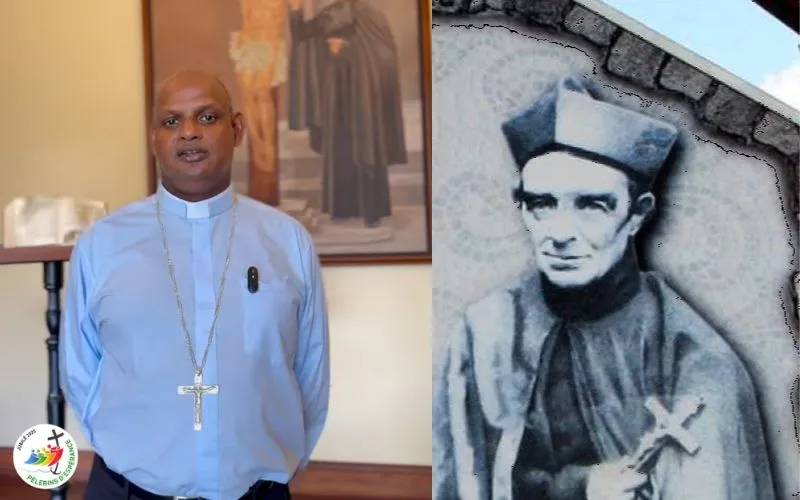The 1998 book depicts an imaginary sensual interaction between Christ and a teenager, relates human orgasm to divine intimacy, and speaks about illicit sexual activities done in a way “without being guilty and without losing the grace of God or the experience of his love.”
In the seventh chapter of the book, Fernández addresses the topic of pornography and sexual arousal, saying that “a woman … is less attracted than a man to watching photos containing violent sexual scenes, orgies images, etc. This does not mean that she feels less aroused by hardcore pornography, but rather that she enjoys and values this less.”
The text goes on to discuss “the possibility of reaching a kind of fulfilling orgasm in our relationship with God, which does not imply so much physical alterations, but simply that God manages to touch the soul-corporeal center of pleasure, so that a satisfaction that encompasses the entire person is experienced.”
Earlier, in the sixth chapter, the book describes “an experience of love, a passionate encounter with Jesus, that a sixteen-year-old-teenager [girl] told me about.” The text discusses an encounter with Christ at the Sea of Galilee as he bathes and lies in the sand. It includes a lengthy description of kissing and caressing his body from head to toe as the Blessed Mother stands by and approvingly allows the encounter to take place.
This is not the first time Fernández has faced scrutiny for sexually explicit texts. Last year, his earlier 1995 book “Heal Me With Your Mouth: The Art of Kissing” resurfaced, which also contained erotic themes. He also defended that book, saying at the time that it was “a pastor’s catechesis for teens” and “not a theology book.”
In mid-December 2023, the Dicastery for the Doctrine of the Faith, which is led by Fernández, published a a declaration that permits priests to impart “spontaneous” pastoral blessings for “same-sex couples” and other couples in “irregular situations.” However, it does not allow liturgical blessings, recognition of civil unions, or any actions that would make the blessings appear like a marriage.
The declaration has received mixed reactions from bishops around the world, with African bishops delivering some of the most fierce criticism.








